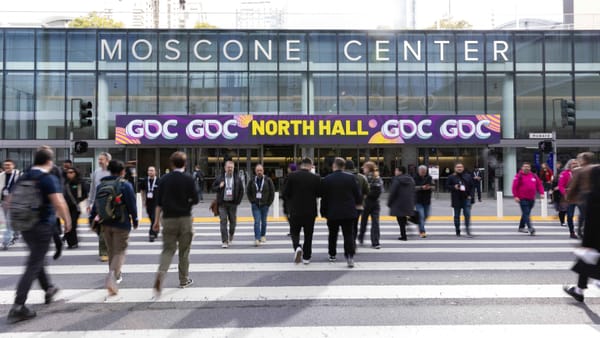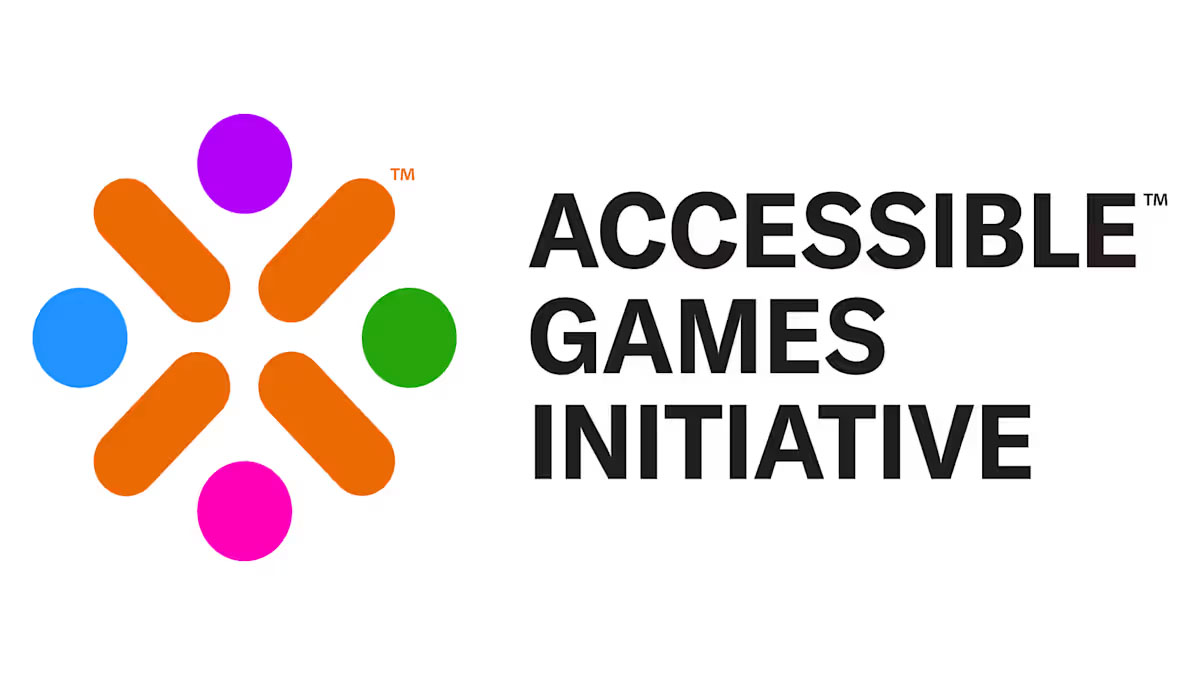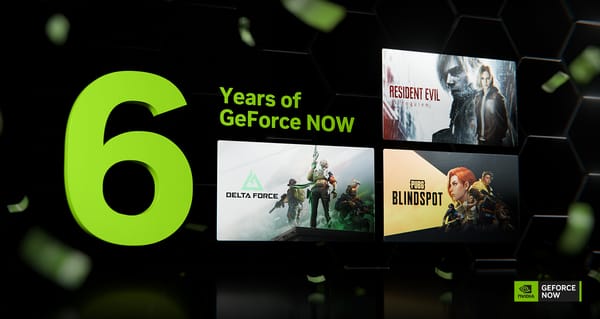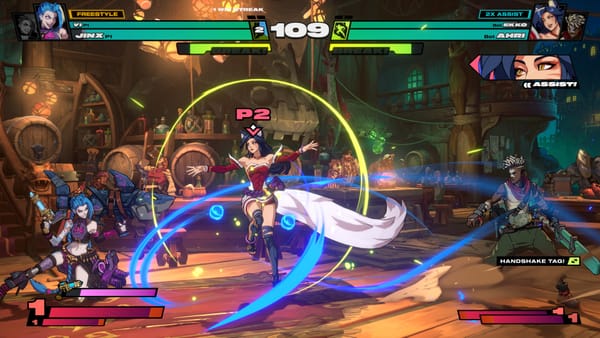US Association ESA and Five Majors Launch Accessible Games Initiative




At the Game Developers Conference (GDC) in San Francisco, the Entertainment Software Association (ESA), along with five founding members, launched an industry-wide initiative to promote greater accessibility in games. Additional companies have already joined the effort.
The Accessible Games Initiative was introduced by the ESA, the US industry association, at GDC. Electronic Arts, Google, Microsoft, Nintendo of America, and Ubisoft were present at the launch. These five companies developed the concept in collaboration with Sony Interactive Entertainment, which, although involved, was the only founding member not present at the event.
According to the ESA, other companies have since joined the initiative, including Amazon Games, Riot Games, Square Enix, and Warner Bros. Games. The initiative is managed by the ESA.
"Tens of millions of Americans have a disability and often face barriers to experiencing the joy and connection that comes with playing video games," said Stanley Pierre-Louis, ESA president and CEO. "We are immensely proud to announce the Accessible Games Initiative in partnership with industry leaders. This initiative demonstrates how impactful we can be when we work together in our industry-wide pursuit of helping more people experience the power of play."
The initiative ultimately aims to improve inclusion in gaming, with a particular focus on providing clear information about game accessibility. To this end, a set of 24 ‘tags’ has been developed, each with defined criteria. Participating companies will gradually incorporate these tags into their product listings, such as on digital storefronts.

The ESA has emphasised that the use of these tags is voluntary and available to all. They are also designed to coexist with existing tag systems. For example, Microsoft—an early leader in accessibility labelling—has already implemented its own set of tags. According to Microsoft, the Xbox-specific tags that correspond to the new initiative will be replaced, while those without equivalents will remain.
Although this is a North American initiative, its broad industry support could lead to adoption across platforms in Europe as well. Microsoft, seen as a pioneer in this area, already displays accessibility tags in Europe. In the long term, a global standard—similar to the internationally adopted IARC system for age ratings—may emerge for accessibility labelling.
Never miss anything from the German, Swiss and Austrian games industry again: subscribe for free to our Daily newsletter and get all news straight to your inbox.








